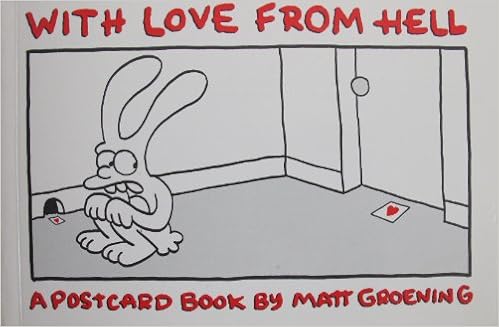I found this question and answer pasted into my journal from March 21, 1991. I was playing "Postcard Challenge." The game involved asking each other questions. The answer would be a postcard with an image, words, and a new questions.
 I had photocopied the non-picture side of the postcard and taped it into my journal. I don't know what the picture was, but it was from this postcard book.
I had photocopied the non-picture side of the postcard and taped it into my journal. I don't know what the picture was, but it was from this postcard book.Who did I want to talk to in 1991? Here's my answer:
1. Moses: I'd ask him what that burning bush was like.
2. Jesus: I'd ask him what he meant actually - what he really wanted.
3. Buddha: Perhaps he'd explain his experience to me
4, 5, & 6.: Jefferson, Danton, Marat, and Cromwell. I'd like to talk about their revolutions.
7 & 8: Confucius and Lao Tzu: I'd like to know what they think it's all about.
9. Shakespeare: I'd like to know his feelings about love and marriage, writing, inspiration, magic, The Tempest, King Lear, and so on. Ideally, we would talk for a long, long while.
10. Ghandi, Thoreau, Golda Meir
11. Abby Hoffman, John Lennon, Mozart.
12. Akhenaten, Pericles, Socrates, Plato.
Actually, if I could talk to one person, I'd talk to my father who died January 1, 1969.
*********************
That was my answer 25 years ago. It might be different now.Who would you like to talk to and what about?